Filter by
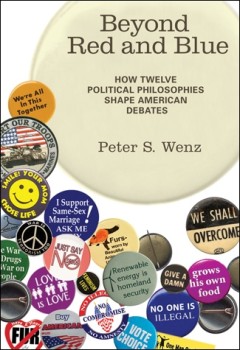
Beyond Red and Blue: How Twelve Political Philosophies Shape American Debates
Why Americans do not divide neatly into red and blue or right and left but form coalitions across party lines on hot-button issues ranging from immigration to same-sex marriage.OCLC-licensed vendor bibliographic record.
- Edition
- -
- ISBN/ISSN
- 9780262254953
- Collation
- 1 online resource (375 pages)
- Series Title
- -
- Call Number
- -
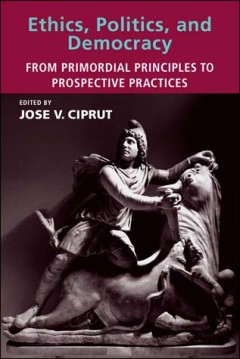
Ethics, Politics, and Democracy: From Primordial Principles to Prospective Pr…
Interdisciplinary discussion of the normative underpinnings of political governance from Ancient Mesopotamia to modern AmericaThis volume examines continuities and change in the normative underpinnings of both ancient and modern practices of political governance, public duties, private virtues, and personal responsibilities. As such, it stands at the cross-disciplinary intersection between the …
- Edition
- -
- ISBN/ISSN
- 9780262270397
- Collation
- 1 online resource (xvii, 357 pages)
- Series Title
- -
- Call Number
- -
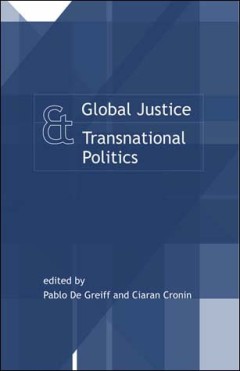
Global justice and transnational politics : essays on the moral and political…
If globalization is to be a benefit and not a burden to humankind, it must be governed by global institutions that are perceived by all people to be democratic and just. But before we can create such institutions, we must imagine them, and that requires a rethinking and extension of normative political theory. Global Justice and Transnational Politics encourages and advances that work.The book'…
- Edition
- -
- ISBN/ISSN
- 9780262271325
- Collation
- 1 online resource (vi, 320 pages).
- Series Title
- Studies in Contemporary German Social Thought
- Call Number
- 320 GLO
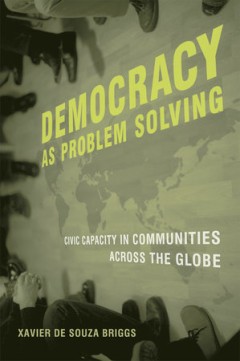
Democracy as Problem Solving: Civic Capacity in Communities Across the Globe
Case studies from around the world and theoretical discussion show how the capacity to act collectively on local problems can be developed, strengthening democracy while changing social and economic outcomes.OCLC-licensed vendor bibliographic record.
- Edition
- -
- ISBN/ISSN
- 9780262269292
- Collation
- 1 online resource (xiii, 374 pages) :illustrations, maps
- Series Title
- -
- Call Number
- -
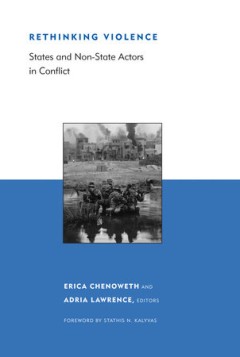
Rethinking violence: States and non-state actors in conflict
"Foreword by Stathis N. Kalyvas."--Cover.Although major wars between sovereign states have become rare contemporary world politics has been rife with internal conflict, ethnic cleansing, and violence against civilians. This book asks how, why, and when states and non-state actors use violence against one another."States, nationalist movements, and ethnic groups in conflict with one another ofte…
- Edition
- -
- ISBN/ISSN
- 9780262266086
- Collation
- 1 online resource (xiii, 285 pages) :illustrations, maps.
- Series Title
- -
- Call Number
- -
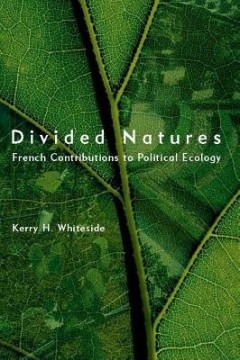
Divided Natures: French Contributions to Political Ecology
In this book Kerry Whiteside introduces the work of a range of French ecological theorists to an English-speaking audience. He shows how thinkers in France and in English-speaking countries have produced different strains of ecological thought and suggests that the work of French ecological theorists could lessen pervasive tensions in Anglophone ecology.Much of the theory written in English is …
- Edition
- -
- ISBN/ISSN
- 9780262286114
- Collation
- 1 online resource (x, 323 pages)
- Series Title
- -
- Call Number
- -
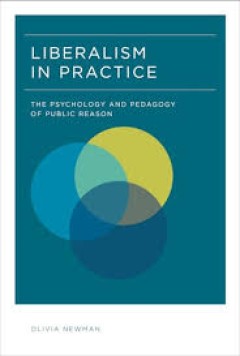
Liberalism in Practice: The Psychology and Pedagogy of Public Reason
An argument that draws on empirical findings in psychology to offer a blueprint for cultivating a widespread commitment to public reason.OCLC-licensed vendor bibliographic record.
- Edition
- -
- ISBN/ISSN
- 9780262327558
- Collation
- 1 online resource (xxxvi, 190 pages).
- Series Title
- -
- Call Number
- -

Latin America's Political Economy of the Possible: Beyond Good Revolutionarie…
Annotation
- Edition
- 1
- ISBN/ISSN
- 9780262283021
- Collation
- -
- Series Title
- -
- Call Number
- -
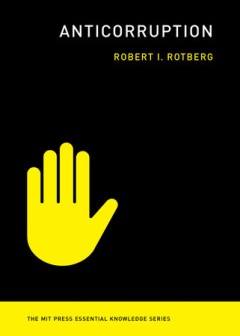
Anticorruption
"This book explains what corruption is, and how to fight it. Corruption is the use of power in the public sphere for personal gain. Corruption can involve paying a bribe to facilitate a permit application, government contracts for construction or procurement, or by granting special interests influence over government or business proceedings, without cash ever changing hands. The book explores c…
- Edition
- -
- ISBN/ISSN
- 0262358425
- Collation
- 1 online resource (xvi, 253 pages)
- Series Title
- -
- Call Number
- -
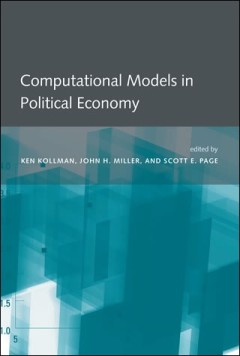
Computational Models in Political Economy
The use of innovative computational models in political economic research as a complement to traditional analytical methodologies.Researchers are increasingly turning to computational methods to study the dynamic properties of political and economic systems. Politicians, citizens, interest groups, and organizations interact in dynamic, complex environments, and the static models that are predom…
- Edition
- -
- ISBN/ISSN
- 9780262277396
- Collation
- 1 online resource (vi, 283 pages) :illustrations
- Series Title
- -
- Call Number
- -
 Computer Science, Information & General Works
Computer Science, Information & General Works  Philosophy & Psychology
Philosophy & Psychology  Religion
Religion  Social Sciences
Social Sciences  Language
Language  Pure Science
Pure Science  Applied Sciences
Applied Sciences  Art & Recreation
Art & Recreation  Literature
Literature  History & Geography
History & Geography